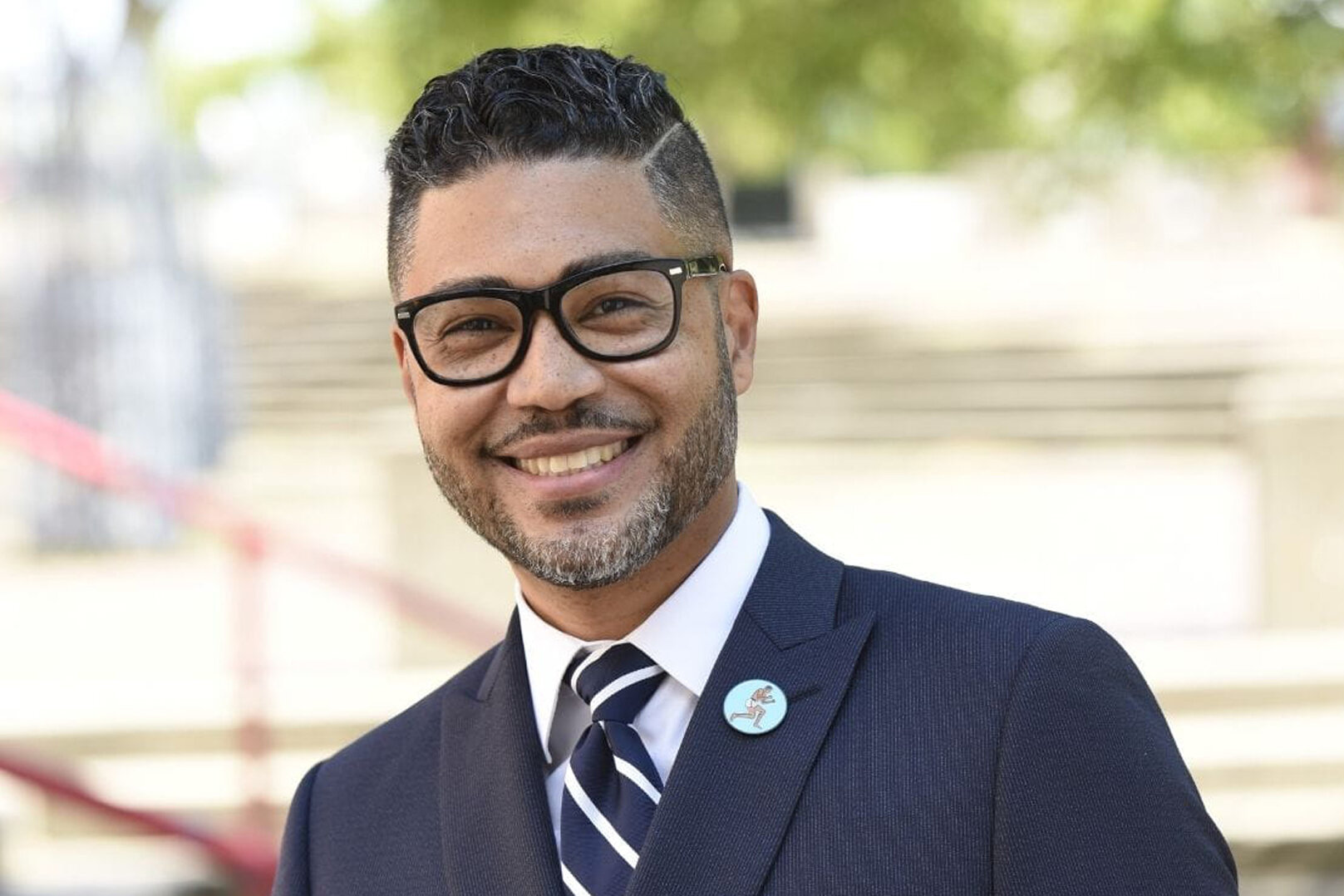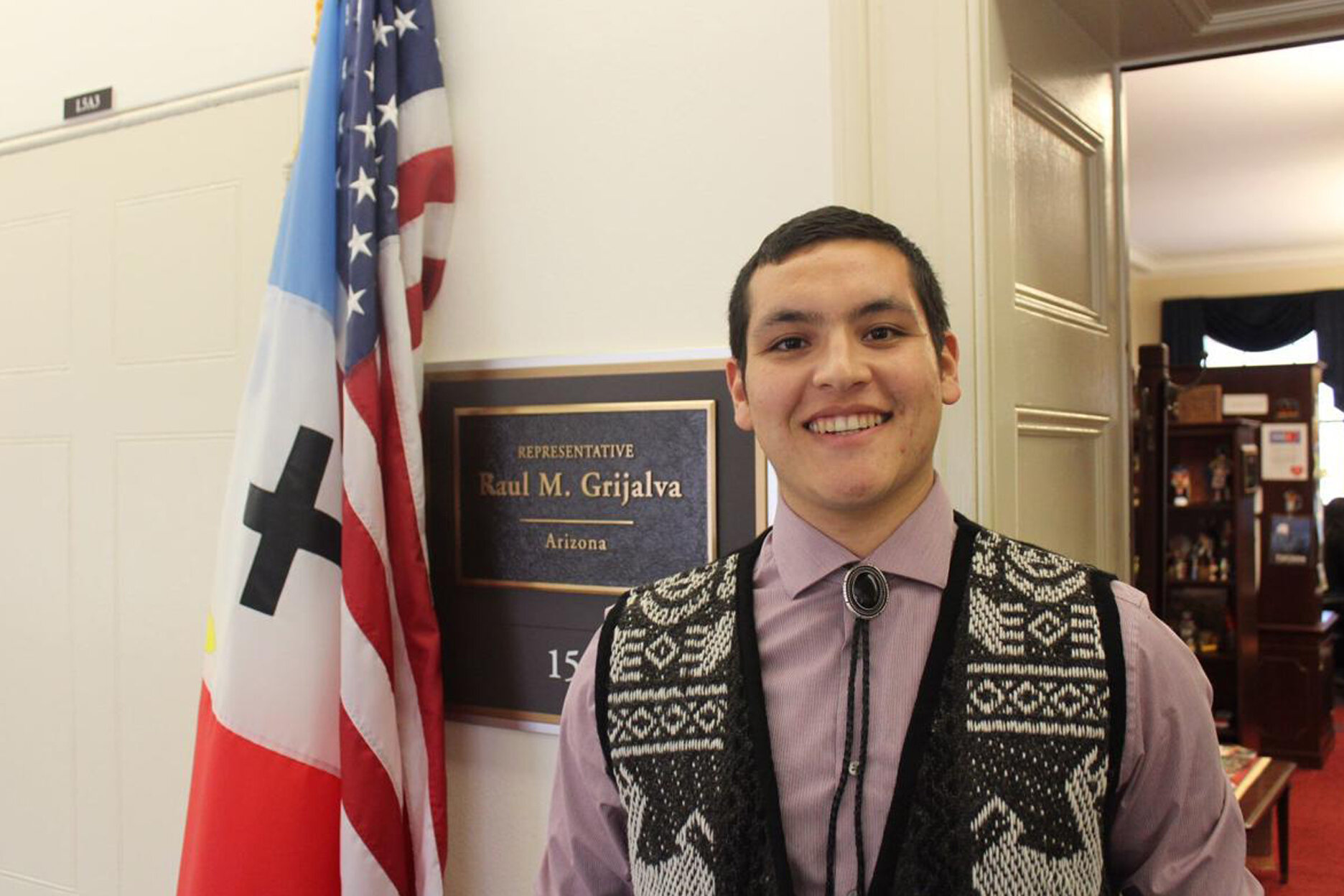Time for Transparency: A Post-COVID America Where Employers Report Wage Data by Gender and Race
COVID-19 RECOVERY SERIES:
As with all complex economic and social inequality in America, the path to achieve wage equity has engaged thousands of activists, scholars and public servants. Yet few employers, some only after settling racial and gender discrimination lawsuits, have publicly supported wage equity efforts. Evelyn Murphy discusses the need for transparency and accountability to achieve gender equity.
Addressing Disability and Age Discrimination: Fighting Judgment of the Outside with Compassion for the Inside
As with any victim of discrimination, people with disabilities and people who are aging often feel robbed of a fair chance to live productive lives or to be their full true selves. Sally Bagshaw discusses by addressing ‘ableism’ and ‘ageism’ and including the formerly excluded, our communities will be better for all of us now and in the future.
As Boston Puts Dr. Martin Luther King Jr. Center Stage, It Begins a New Conversation and A Reimagining of Itself
A conversation with Imari Paris Jeffries, Executive Director of King Boston, discussing the new memorial to Dr. Martin Luther King Jr. being built on the Boston Common and the creation of a Center for Economic Justice.
The Capitol Hill Insurrection is a Teachable Moment
CAPITOL INSURRECTION SERIES:
January 6, 2021 will go down as one of the most disturbing dates in this nation's history. The attack on and destruction of our nation's U.S. Capitol were despicable acts by homegrown terrorists. They also provided a glimpse into the historical contradictions that have been part of this nation's treatment of race.
A 2020 Presidential Candidate of Color Reflects on the New President-Elect
POST-ELECTION SERIES:
Former Massachusetts Governor Deval Patrick discusses the election of Joe Biden and Kamala Harris, highlighting their potential to heal the nation, address hyper-partisanship and structural racism, and inspire a new vision of inclusivity and opportunity. He also emphasizes the importance of grassroots engagement and the need to combat voter suppression.
Immigration Reform: Yes it’s Complicated, But We Can Change It If We Don’t Look Away
Kids, with and without their parents, have been coming to the U.S. requesting help for generations. Historically, the U.S. response has been welcoming, and in 1990 Congress created a pathway for some unaccompanied children to be able to normalize their status and to become citizens. That changed during the Trump Administration. Linda Dakin-Grimm discusses U.S. immigration system reform.
Reject Hate. Reclaim Politics.
The Women’s Equality Party (WEP) is the United Kingdom’s first and only feminist political party and was designed to make gender equality a reality for everyone. Doris Honold discusses the party's mission and goals under Mandu Reid.
Women's Economic Empowerment: A Critical Tool for Post-Pandemic Economic Repowering in Colombia
Marta Lucia Ramírez, the Vice President of the Republic of Colombia, discusses how national economies weakened by the COVID-19 pandemic must take measures that include comprehensive actions for women's economic empowerment, as a prerequisite for a sustainable recovery.
Combating Systemic Racism From City Hall
A conversation with Dr. Karilyn Crockett, Chief of Equity for the City of Boston, about her new role; what she believes can be accomplished using the platform, power and influence of city government and the mayoral bully pulpit; and why she thinks now is a defining moment for racial justice both locally and nationally.
Building Economic Resilience for Women in a Post-COVID-19 World
In order to overcome the disproportionate economic devastation that COVID-19 has had and will continue to have on millions of women around the world, Maria Bobenrieth, Aditi Mohapatra, and Marissa Wesely discuss ways we can achieve women’s economic empowerment and advance economic justice and rights.
Supporting Indigenous Communities’ Resilience in the Face of COVID-19
When the COVID-19 pandemic began spreading globally in early 2020, Victor Lopez-Carmen knew that it represented an existential threat to Indigenous communities. As one of the only Native American student currently at Harvard Medical School and Co-Chair of the U.N. Global Indigenous Youth Caucus, he rallied his networks and launched the COVID-19 Indigenous Health Partnership to leverage Harvard Medical School expertise in support of seven Indigenous nations around the world.











